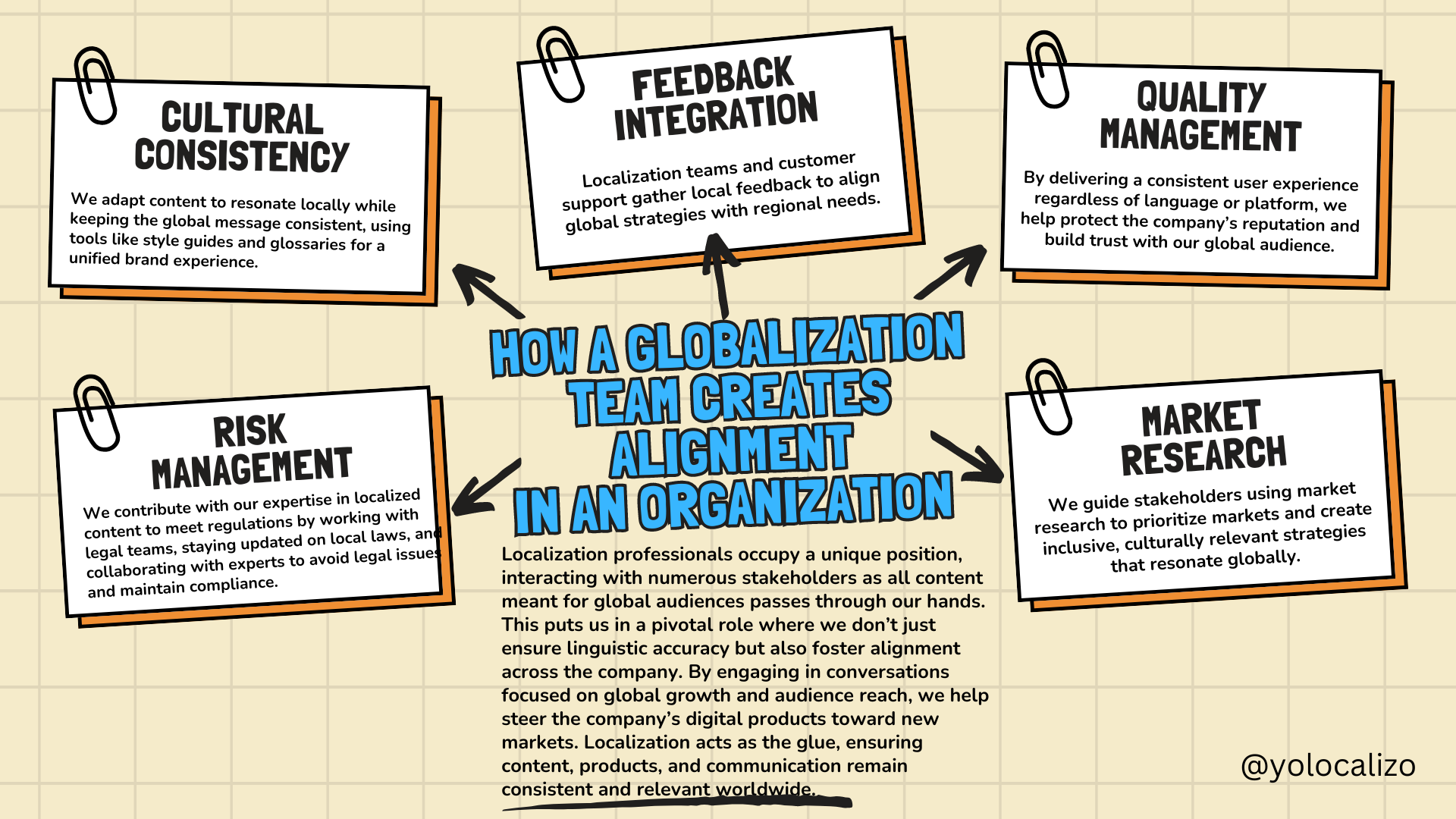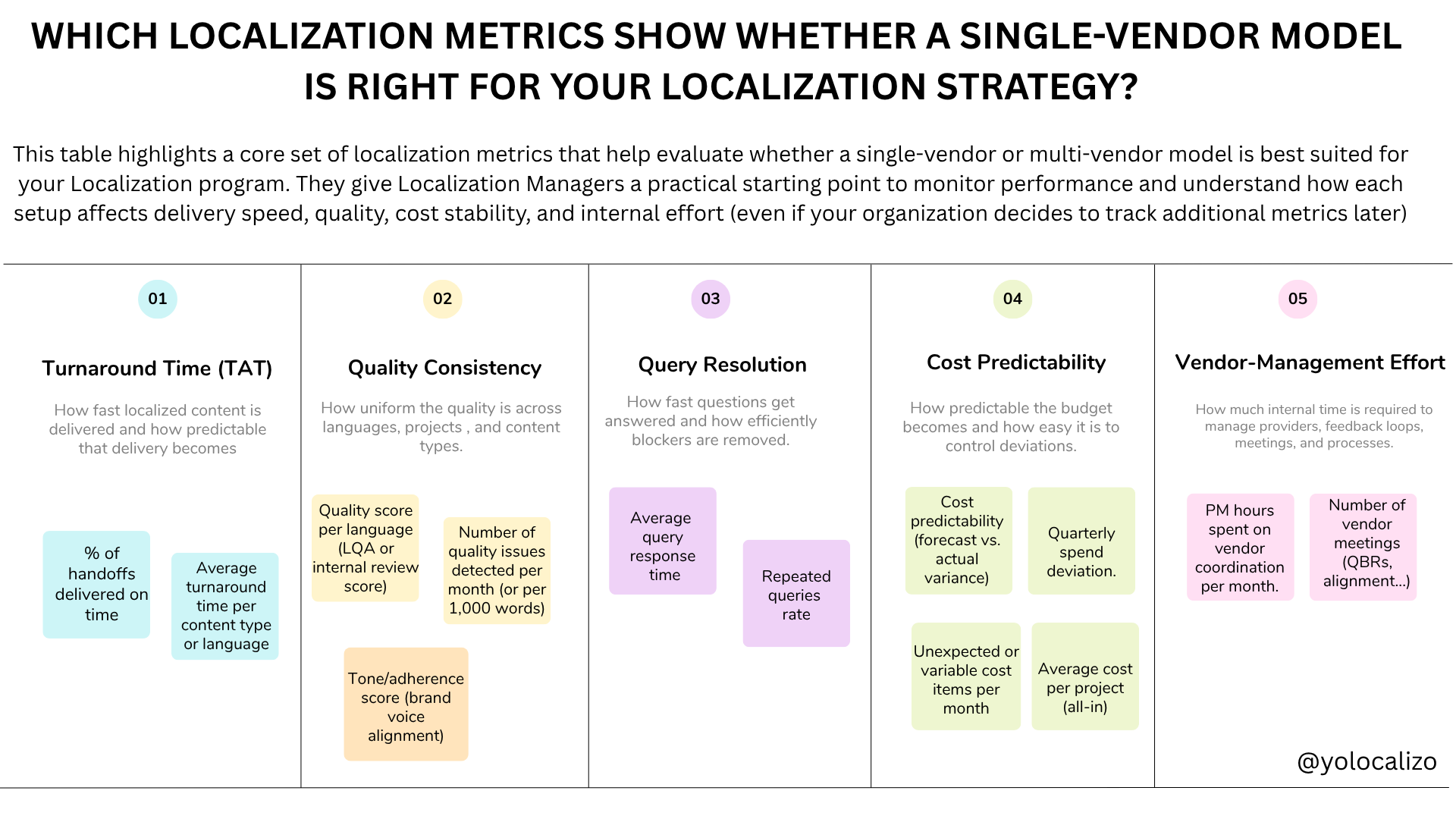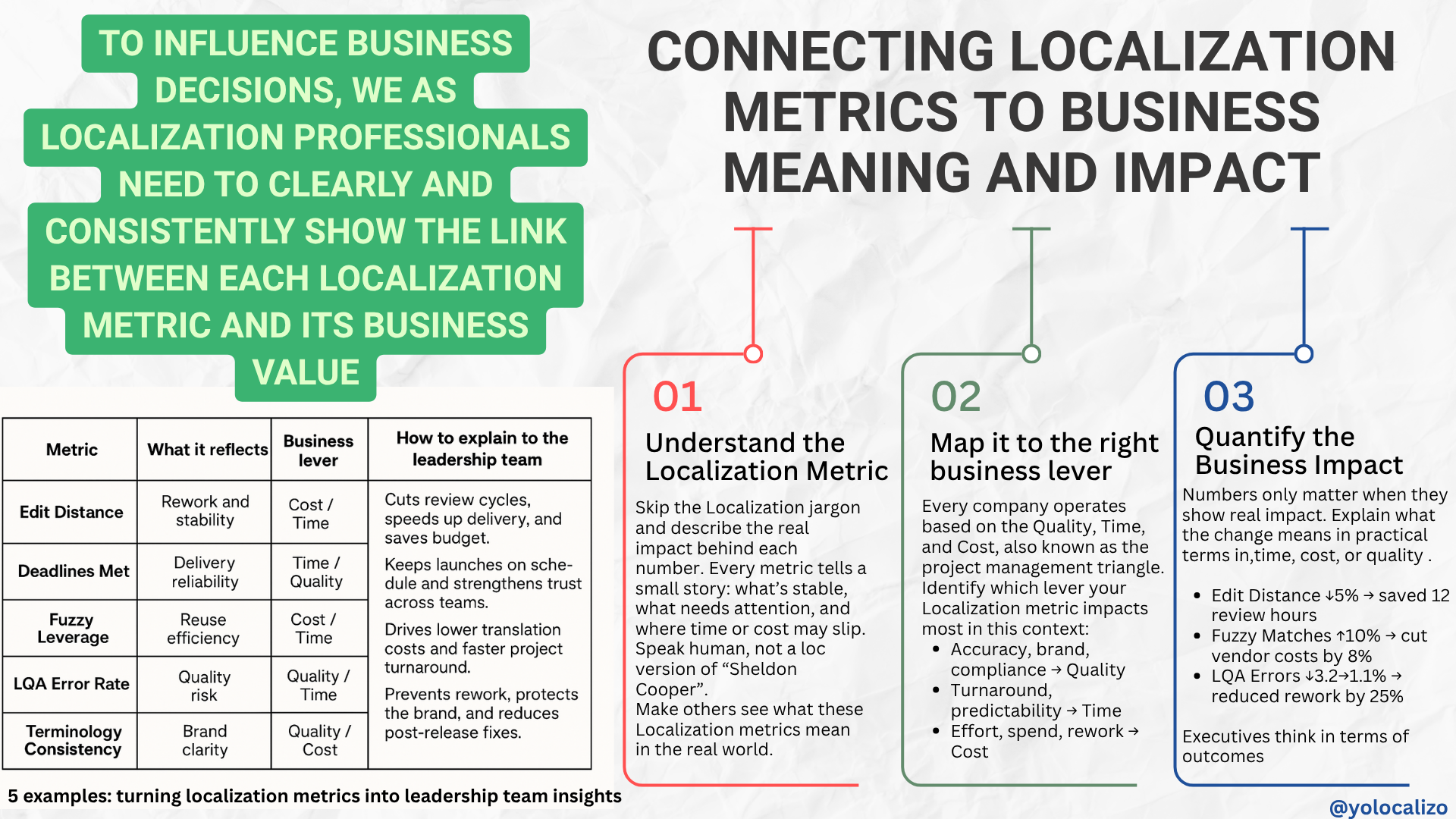Can a Translator Be an Excellent Transcreator?
Last Wednesday I had the opportunity to participate as a panelist in a Video Game Localization meetup.
I like meetups, it's a great opportunity to meet new people from the Globalization industry, and it is a great opportunity to meet with colleagues from other companies and discuss the challenges they face.
The topic we discussed in the meet-up was How Narrative Design and UX Design interact with Localisation. That topic is super-interesting! and, I think it deserves an article that explores it in-depth, I'll write about in the future, but today the area I want to explore in this post is the topic of transcreation.
Thank you Paul Davies, Blanca Sánchez Joplin, Mario Ferrer and Patricia Gómez Jurado for sharing the stage; thanks to Socialpoint for hosting us. And thanks Valeria Nanni & Hristina Racheva for driving the Meet Up loc initiative!
One of the questions we discussed was whether the video game industry will evolve towards an integrated approach to transcreation instead of having a translation approach. That question, made me reflect, but what made me think even more was something later during dinner. It came up with the inevitable topic of fees, and what a freelance might invoice.
I totally understand that this is a matter of concern. Related to rates and incomes, this week I also saw a survey that fellow translators made on Twitter in which they asked if after taxes been deducted a translator was invoicing less than € 1000 or more.
Connecting these 2 thoughts ... if the Localization industry is heading towards transcreation ... and the topic of low rates and incomes from translators from that survey, the following questions emerged in my head.
Can a Translator evolve to transcreation, and going one step further, can a translator be an outstanding transcreator?
Creative transcreators, or copywriters as they are called in some companies, usually, have higher billing volumes than a translator. In addition to that, they usually bill by the hour and not by word, which to me personally seems a relief since billing by words has always seemed a burden to me (from a translator perspective, from a buyer perspective is great!)
Let's start with a definition of Transcreation (jut in case there is a clueless reader reading this blog who doesn't know what it is :)
The translation is the process of translating words or text from one language into another, transcreation refers to the process of adapting a message from one language to another while maintaining its intent, style, tone, and context.
The transcreation is creativity and it needs to consider the target culture, language, and emotions
The keyword for me in the above definition is “creativity”
Creative jobs are usually better paid, creative jobs tend to have less competition, and creative jobs cost more to automate (hello machine translation ?!)
So yes, it seems that the transcreation is here to stay and that it is also a type of work that reports more benefits, then we go back to the original question of this post
Can a "traditional" translator become a transcreator?
I think the answer is yes (I'm an optimistic person so you might expect this answer from me:), and in the next paragraphs I'll explain why
Good translators, good localizers for many of their job assignments are already quite creative and they produce translations adapted to the users' needs
Translators can become great transcreators because they already master the language; they are usually fast in their deliveries and they are used to be creative.
Being creative with ideas, concepts and words is not a new job for them, that's why I think translators can definitely evolve to transcreators
Even so, it may be necessary to improve some of the skills that most differentiate both disciplines.
As I see it there are 3 skills that a translator who wants to evolve into transcreator must master
- Cultural awareness. You need to be aware of cultural differences and adapted accordingly to the target local market
- Writing. You will be writing new sentences and paragraphs from scratch; therefore the better you can write, the easier that it will be for you to create different variations of a sentence
- Creativity. You’ll need to find ways to increase your creativity and think outside the box, because you’ll be working with a brief, with a concept, and you need to imagine how to bring to other international markets.
Have a look at this interesting article to know more about 7 Ways Professional Translators Share their Creativity with the World
With the experience that a good localizer has acquired over the years, and improving the skills listed above, I think they may be at an ideal point to start the transcreation process. And how is that process? What steps do we have? and what is done?
Keep reading and see below that I have created a graph with an overview of the different steps that we should consider to carry out a good transcreation work
1. Review the original material you got
2. Decode the little details so you can Interpret its hidden meanings.
3. Think about the target market, the user, the culture
4. Forget the original material
5. Bring your language skills, your cultural skills, your writing skills, and your creative skills altogether to create the copy you need to create in the target language
Click HERE to download the Infographic
In Summary
I believe a translator can become a great transcreator. I think there’s a market opportunity to be explored there.
The globalization industry is moving from translation to localization to transcreation.
Prices in translation/localization are going down.
Transcreation is better paid as it’s considered a more difficult service to provide, and there are fewer people to choose from and, creative in MT is not there (yet).
Translators experts can produce brilliant transcreation material given their language expertise.
In my opinion, Transcreation is the logical next step for people who want to encounter some challenges beyond traditional translation or a better income.
And I sincerely hope that this evolution of translators towards transcription really happens. Because when I see the price that is paid per word to a freelance video game translator, or when I see polls like the one published on twitter this week in which more than half of the people voted that earn less than € 1000 per month, the truth is that it is something that saddens me ...
Which are your thoughts on this topic?
Do you think a translator/localizer can become a great translator?
If yes, why? and which are the skills you think they need to master?
If not, why not??
Leave your comments below and have a lovely week!
@yolocalizo
















This feels like a pivotal moment. Localization teams are being asked to support more markets, move faster, use AI responsibly, and show impact, not just output. Expectations are higher than ever, but many teams are still trained mainly for execution. We are strong at delivering localization work, yet we often struggle to move from output to outcome and to clearly explain the impact of what we do.